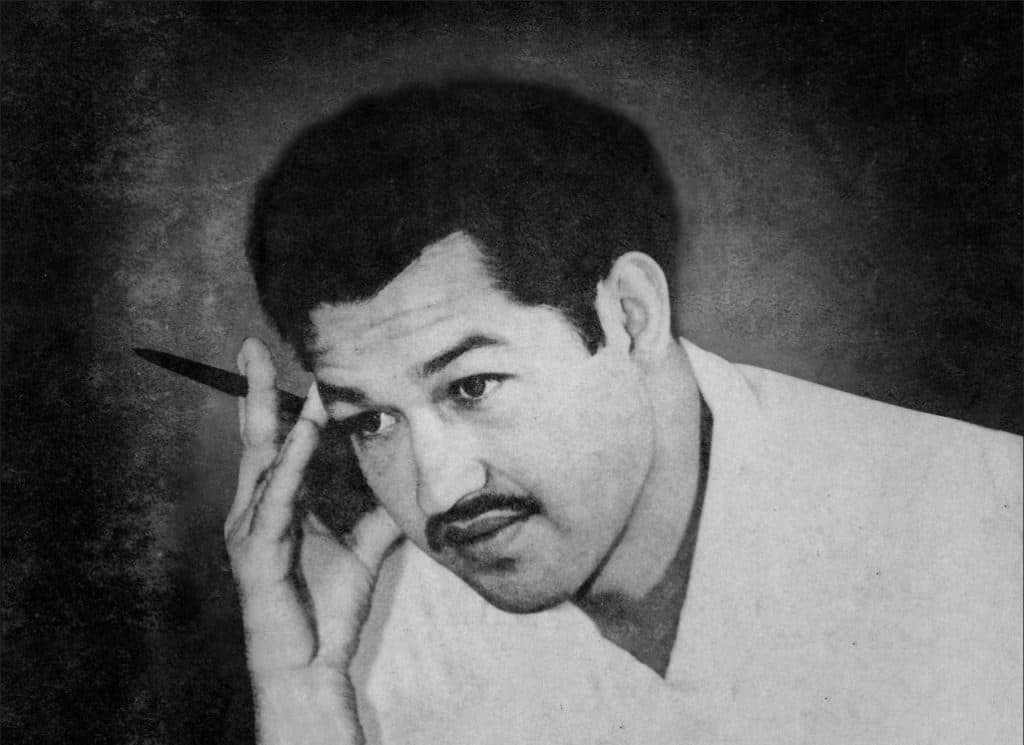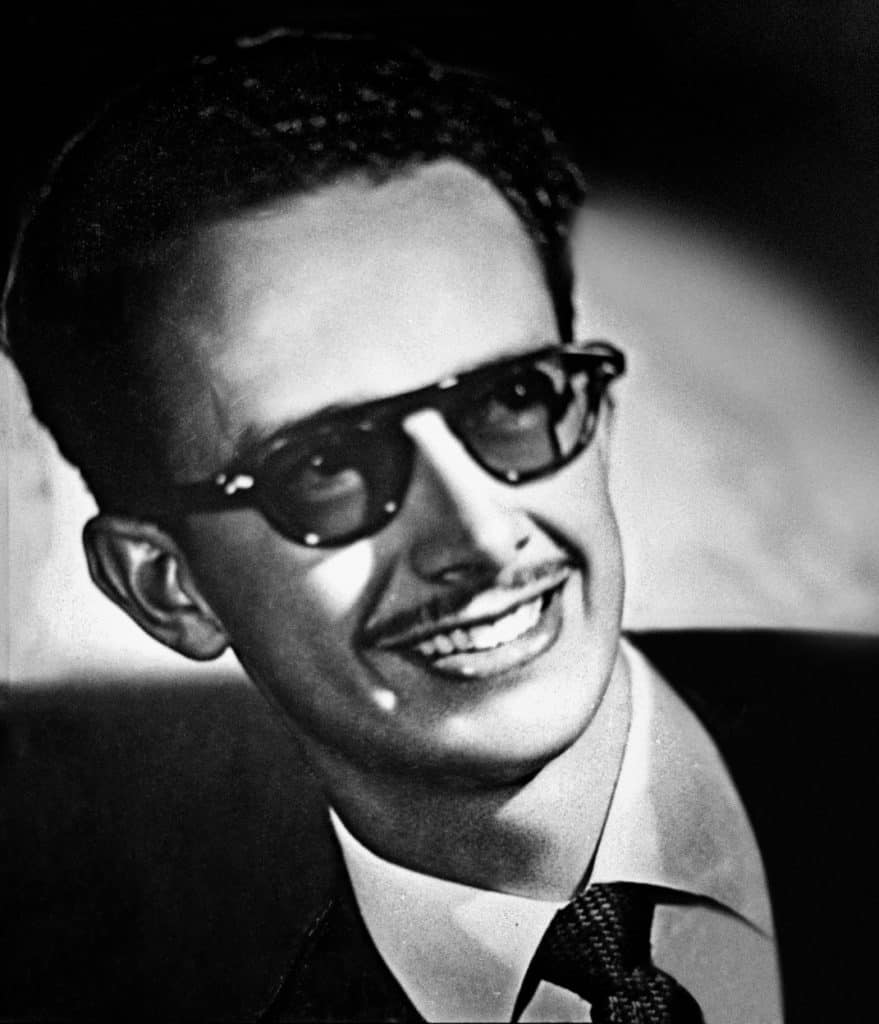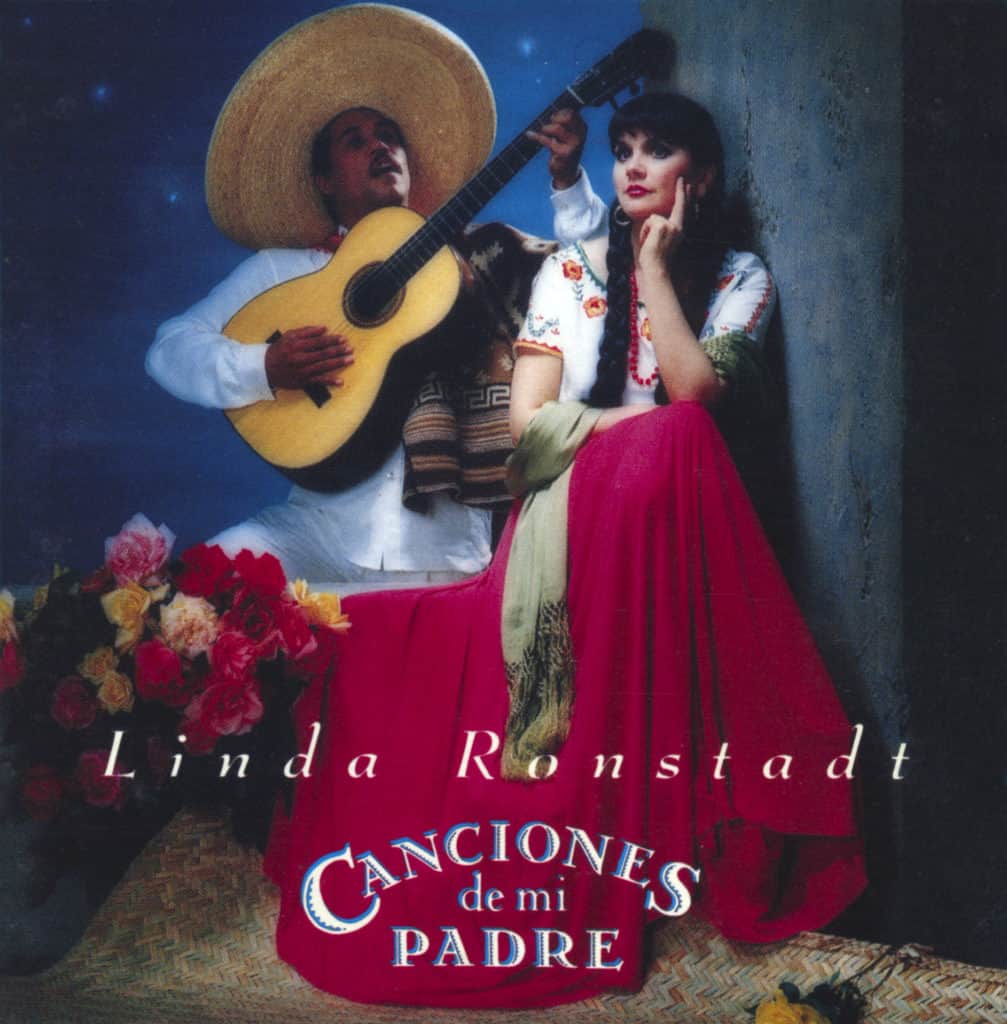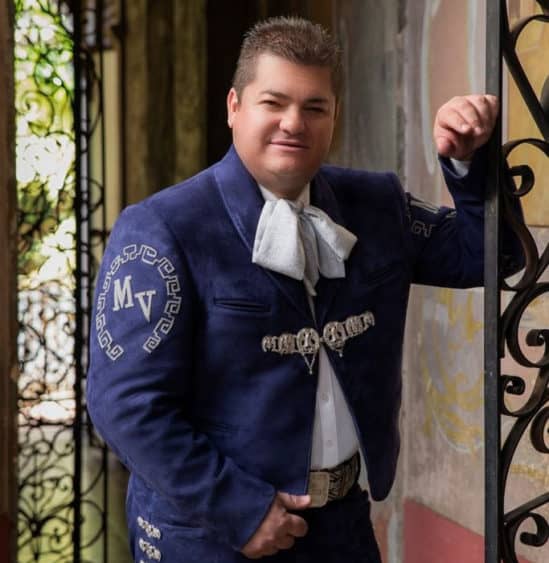In October of last year (2020), I once again had the pleasure of interviewing Carlos Martínez, this time for a new series of free podcasts offered by mariachimusic.com. Since it had been nearly seven years since he joined Mariachi Vargas in 2014, I figured this would be an opportune time to revisit his musical career and bring it up to date. My list of questions ranged from his earliest musical experiences up to his latest productions with Vargas. As I’d come to expect from this perspicacious and introspective musician, the interview was highly informative.
“It turned out really nice!” exclaimed Carlos when I asked him if he’d heard the podcast. “I loved the parts about Don Rubén, my uncle Pepe, my father… It contains my history beginning with the youth mariachis I started out with all the way up to the present, and it all unfolds in a very natural manner. I dare say it’s the best interview I’ve given yet,” declared the gifted young musical director of Mariachi Vargas de Tecalitlán.
To be sure, this new podcast offers a succinct overview of the life and work of Carlos Martínez Arreguín. In his own words, he tells us about his musical training, joining Mariachi Nuevo Tecalitlán at age 15, and his entry into Mariachi Vargas de Tecalitlán at age 33. He talks about his musical influences, his arrangements, his collaborations, and the knowledge he’s acquired from his teachers.

One thing Carlos explains in this interview is how, when reviewing his musical arrangements, the suggestions of his mentors have almost always been subtractive; that is, they’ve rarely proposed that he add anything, but rather that he remove superfluous details.
In this podcast, Carlos talks about the teachings his mentors inculcated in him:
My uncle Pepe [Martínez] used to say to me: “You have to have balance. You can’t just dump all your knowledge into one arrangement. You have to first see what the song is talking about, and if the song allows you to put more things in, then you put them in. If not, you’re ruining the song.”
[When I was younger], I’d write flurries of notes and chords, trying my best to impress everyone. But then my uncle would come along and say: “This is really awful! It doesn’t say anything, and it doesn’t even have a logical relationship to the song…” And then he’d explain to me what the problems were. It was an intensive learning experience. That’s where I realized that the simplest music is the most beautiful.
In the Western world, the trend known as minimalism emerged in the plastic arts during the second half of the 20th century. Painter-sculptor Adolph “Ad” Reinhardt encapsulated this concept in these words: “The more things it contains, the busier the work of art, the worse it will be. More is less. Less is more.”

This trend soon spread to architecture, design, literature, and music. The musical concept of maestro Rubén Fuentes — like that of his successors — is closely related to this tendency, as Don Rubén himself explained to me in a recent conversation:
[Many arrangers] like to get complicated. They want to show off, when the secret is to write as little as one possibly can, but to write effectively. I believe that every author has their own style, and that it should be respected. I started out writing for José Alfredo [Jiménez], who was a very good songwriter, but very simple. His compositions don’t lend themselves to complicated arrangements. Mine are a little more complicated than his. Those of Tomás [Méndez] are a mixed bag. His compositions had simplicity, but other qualities as well. Cuco [Sánchez] was simple in the extreme; all he really needed was one guitar and a good vocalist. The essence of his work resided in the lyrics. In life in general, the more simple, the more practical.
Carlos Martínez continues:
One can learn a lot from Maestro Rubén Fuentes. Through his recordings, he teaches us how subtle details make a difference, how to use dynamics, the importance of intonation, voices … I really enjoy it when he corrects my arrangements. On a regular basis he tells me: “Look, take this out,” and when I remove what he’s talking about, I immediately notice that the arrangement sounds better. And apart from sounding better, it sounds cleaner, more elegant.
Now I understand why those Linda Ronstadt productions with only two violins sound so beautiful. If we mariachi musicians analyze those recordings, they teach us a profound lesson. Her records are very simple, yet very beautiful.

Hear the complete podcast at mariachimusic.com.
—Jonathan Clark
…the secret is to write as little as one possibly can, but to write effectively.
Rubén Fuentes
Previous interviews with Carlos Martínez
Podcast No. 1, featuring Carlos Martínez (July 2020)
Carlos Martínez makes Texas debut as musical director of Mariachi Vargas (May 2014)
Carlos Martínez named Mariachi Vargas’ musical director (March 2014)
PLEASE LEAVE YOUR COMMENTS BELOW



¡Excelente artículo!
Carlos Martínez es un orgullo tapatío, un excelente ser humano, al transmitir sentimientos a través de la música. Un músico impresionante.
Excelente artículo. Saludos a él y a Jonathan Clark.
Con cariño,
Maricela Martínez
Great article. We enjoyed learning more about Maestro Carlos Martínez. Thank you for taking the time to do this, Jonathan.
¡Muy buen trabajo!
Carlos Martínez, orgullo de Tecalitlán. ¡Sí, señor!
Another great article. I really enjoy learning about the inside workings of mariachi groups, individuals and the music itself. Keep up the excellent writings, Jonathan.
SIMPLY stated: Jonathan practices what he has learned: Simple writing is the most elegant. GREAT article!
Cousin Robert